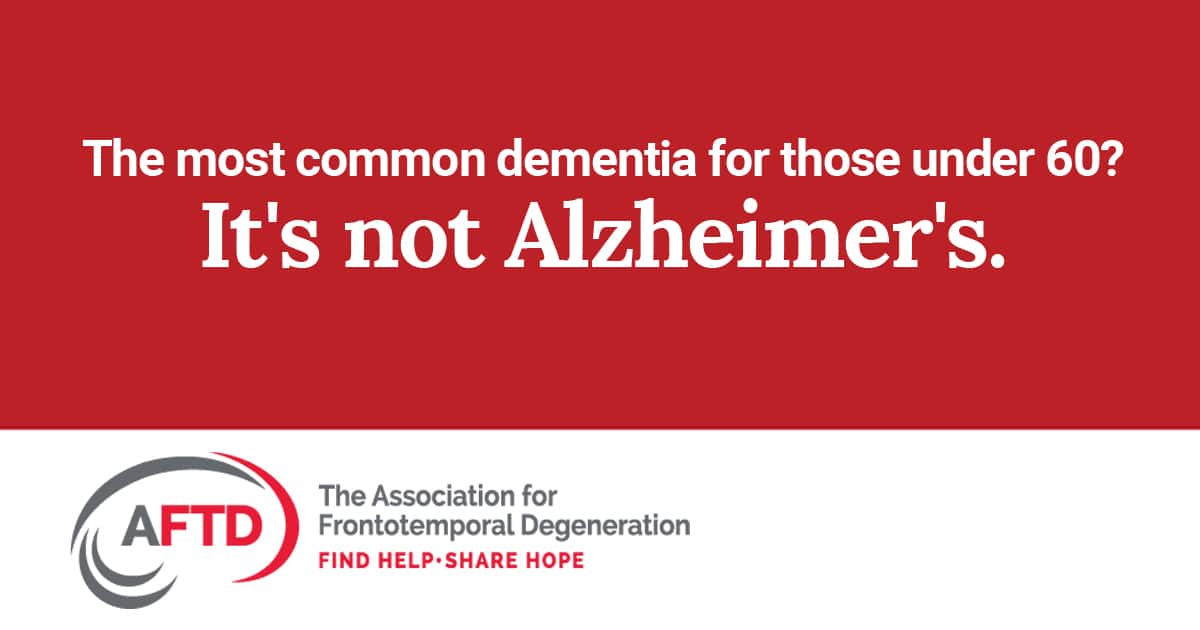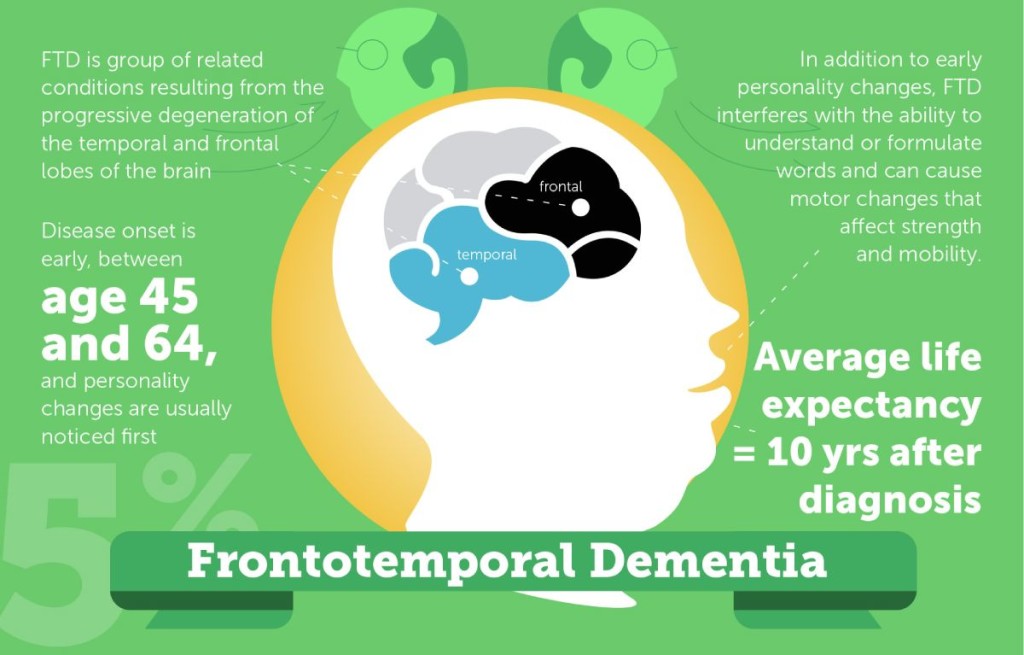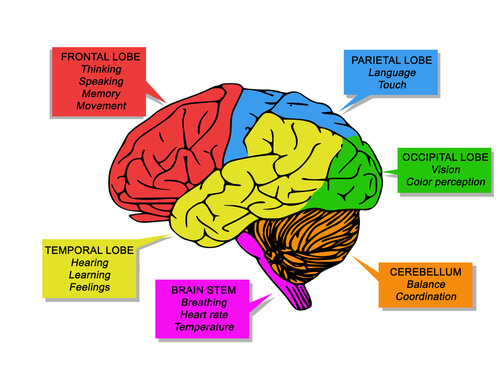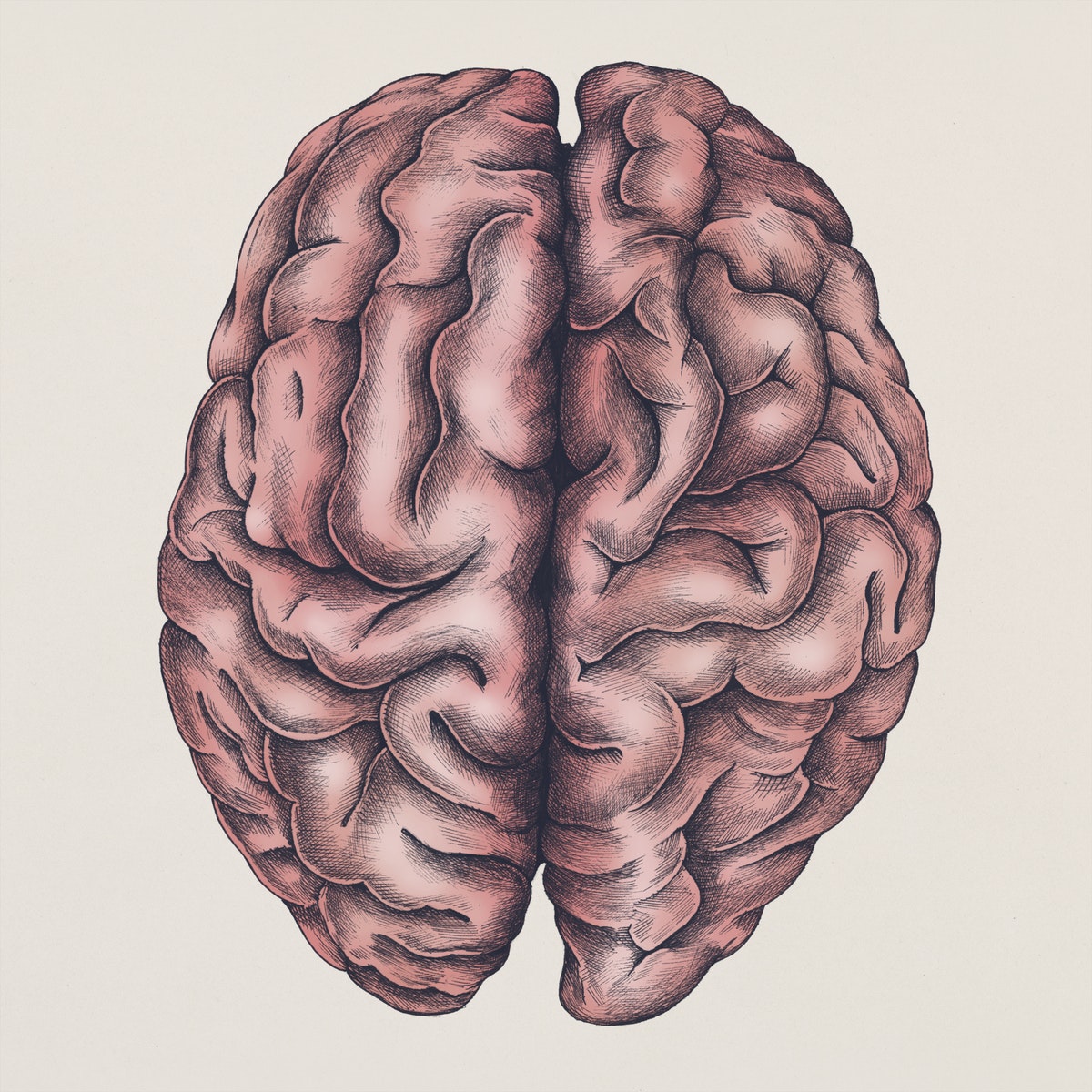What Is The Life Expectancy With Frontotemporal Dementia

Frontotemporal dementia life expectancy.
What is the life expectancy with frontotemporal dementia. The exact influence on mortality is unknown and. Each of them though turned out to be in the early stage of frontotemporal dementia FTD. But it can lead to an increased risk for other illnesses that can be more serious.
The rate at which FTD progresses varies greatly with life expectancy ranging from less than two years to 10 years or more. Early survival analyses showed median survival from diagnosis of FTLD to be 713 years in clinic cohorts 1 2 3 4 5 6 and 68 years in neuropathology series 7 8. Pneumonia is the most common cause of death with FTD.
The frontotemporal lobe dementia life expectancy is on average 6 8 years after being diagnosed. Dementia prognosis and life expectancy can vary greatly. Frontotemporal lobe dementia FTD like all dementing illnesses shortens life expectancy.
The remaining life expectancy after diagnosis was reduced with 51 for males and 59 for females compared to the life expectancy of the general population in the same age groups. Unlike Alzheimers disease frontal lobe dementia generally affects younger people both men and women and it is usually seen in patients between the ages of 40 and 65 although it can affect people of any age. Understanding is growing that not all dementia is Alzheimers.
Life expectancy or survival is a particularly pertinent milestone for practice and research hence the interest in its measurement and correlates. FTD also known as frontotemporal dementia frontotemporal degeneration or Picks disease is the most common dementia diagnosed before age 60. Ivo Ditah Internal Medicine Specialist Suggest treatment for frontotemporal dementia.
How to Diagnose Frontotemporal Dementia. People with young-onset dementia live an average of 10 years with the disease. It is important to consider the dementia subtype when persons with YOD and their families are informed about the prognosis of survival.

How to Diagnose Frontotemporal Dementia.
What is the life expectancy with frontotemporal dementia. What is the life expectancy with frontotemporal dementia. 42 years experience Psychiatry. FTD also known as frontotemporal dementia frontotemporal degeneration or Picks disease is the most common dementia diagnosed before age 60.
They can sometimes live another decade but require 247 supervision and health care. A person usually lives for 45 years after they have been diagnosed with dementia. The exact influence on mortality is unknown and.
To answer this question you need a complete evaluation by a psychiatrist. Frontotemporal dementia and life expectancy. What is frontotemporal dementia.
It is important to consider the dementia subtype when persons with YOD and their families are informed about the prognosis of survival. The rate at which FTD progresses varies greatly with life expectancy ranging from less than two years to 10 years or more. On the average an individual diagnosed with dementia resulting from Alzheimers disease will live 45 years beyond the diagnosis.
People with young-onset dementia live an average of 10 years with the disease. Pneumonia is the most common cause of death with FTD. Frontotemporal lobe dementia FTD like all dementing illnesses shortens life expectancy.
Studies suggest that on average someone will live around ten years following a dementia diagnosis. FTD is the diagnosis for about 5 percent of people with major neurocognitive disorders dementia. Frontal lobe dementia life expectancy will vary between different patients but on average it is around eight years after diagnosis.

Pneumonia is the most common cause of death with FTD.
What is the life expectancy with frontotemporal dementia. It is important to consider the dementia subtype when persons with YOD and their families are informed about the prognosis of survival. To answer this question you need a complete evaluation by a psychiatrist. What is the life expectancy with frontotemporal dementia.
Frontotemporal Dementia Life Expectancy This disease is different for everyone who has it. That said someone with young-onset dementia has an overall shorter life expectancy than someone diagnosed after 65 because of course they develop symptoms at a much younger age. Early survival analyses showed median survival from diagnosis of FTLD to be 713 years in clinic cohorts 1 2 3 4 5 6 and 68 years in neuropathology series 7 8.
What is frontotemporal dementia. But it can lead to an increased risk for other illnesses that can be more serious. Life expectancy or survival is a particularly pertinent milestone for practice and research hence the interest in its measurement and correlates.
The frontotemporal lobe dementia life expectancy is on average 6 8 years after being diagnosed. Dementia life expectancy is a measure of how long an average individual is expected to live after developing dementia. Frontal lobe dementia life expectancy will vary between different patients but on average it is around eight years after diagnosis.
Dementia prognosis and life expectancy can vary greatly. A person usually lives for 45 years after they have been diagnosed with dementia. Even so when it comes to how long can a person live with frontotemporal dementia it is typically between 6 and 8 years once the symptoms start.
Average life expectancy for a person with vascular dementia is 5 years following diagnosis. On the average an individual diagnosed with dementia resulting from Alzheimers disease will live 45 years beyond the diagnosis. Frontotemporal lobe dementia FTD like all dementing illnesses shortens life expectancy.









